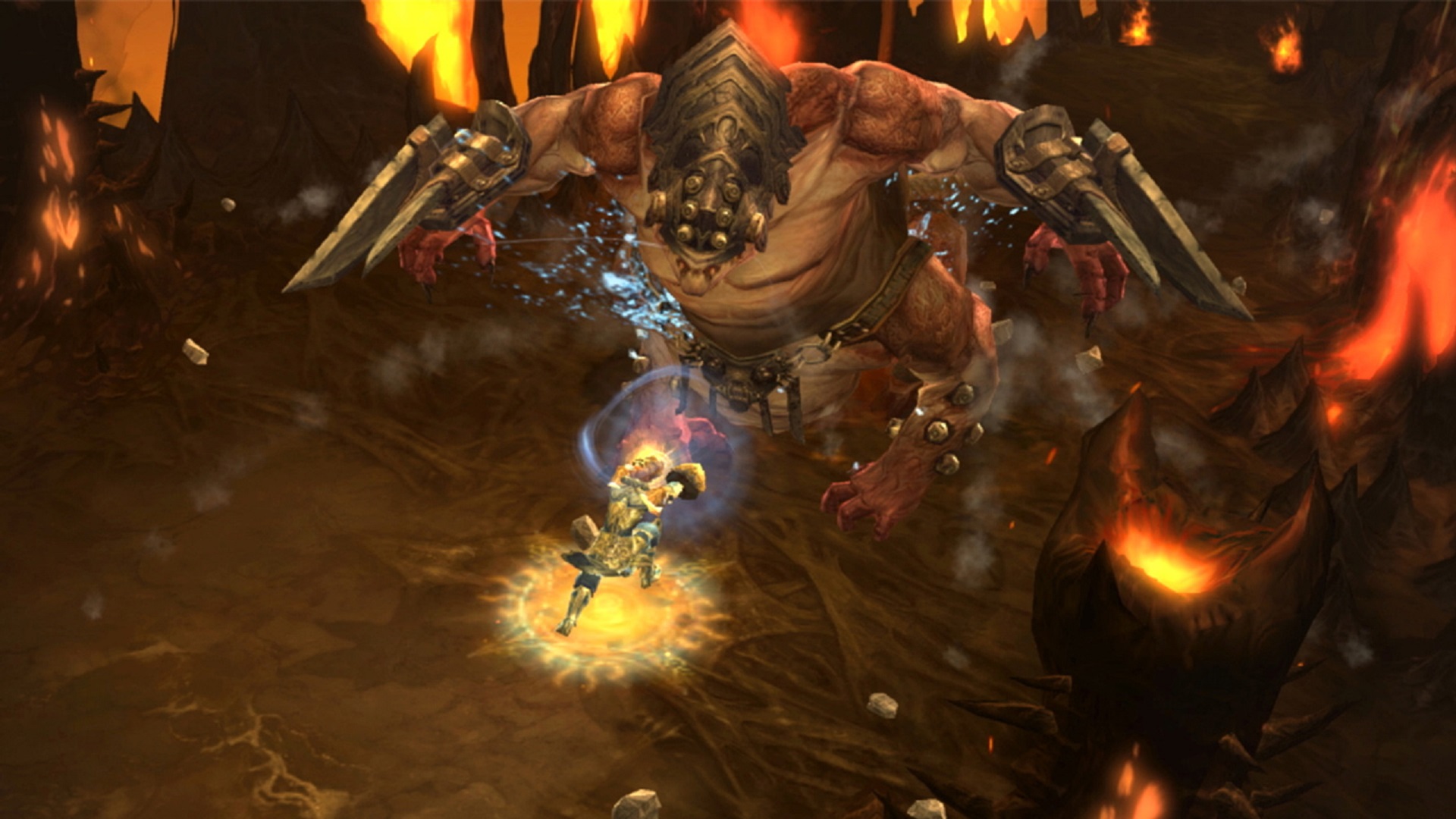

Story conversations are fully voiced, which makes Immortal feel as premium as previous Diablo titles on PC. Deckard Cain is back (why wouldn't he be?) and so is a new evil that is threatening to use shards of the same Worldstone to wreak havoc across the lands. The story takes place between Diablo II and III, with familiar faces popping up to provide some thin context for events that have transpired by the time you arrive in Tristram at the start of the last core title.

In that sense, Diablo Immortal is just another good Diablo game, but it's also one that can't always be played with the same obsessive cadence as prior titles given the number of barriers that can routinely force some time away from it. It looks great, it evolves the formula of action role-playing introduced in Diablo III and matches it acutely to the hardware it was originally designed for, and it strikes a good balance of making you feel powerful while also enticing you to continue hunting down better loot. There is little to question that Diablo Immortal is a big and richly produced Diablo entry.


 0 kommentar(er)
0 kommentar(er)
